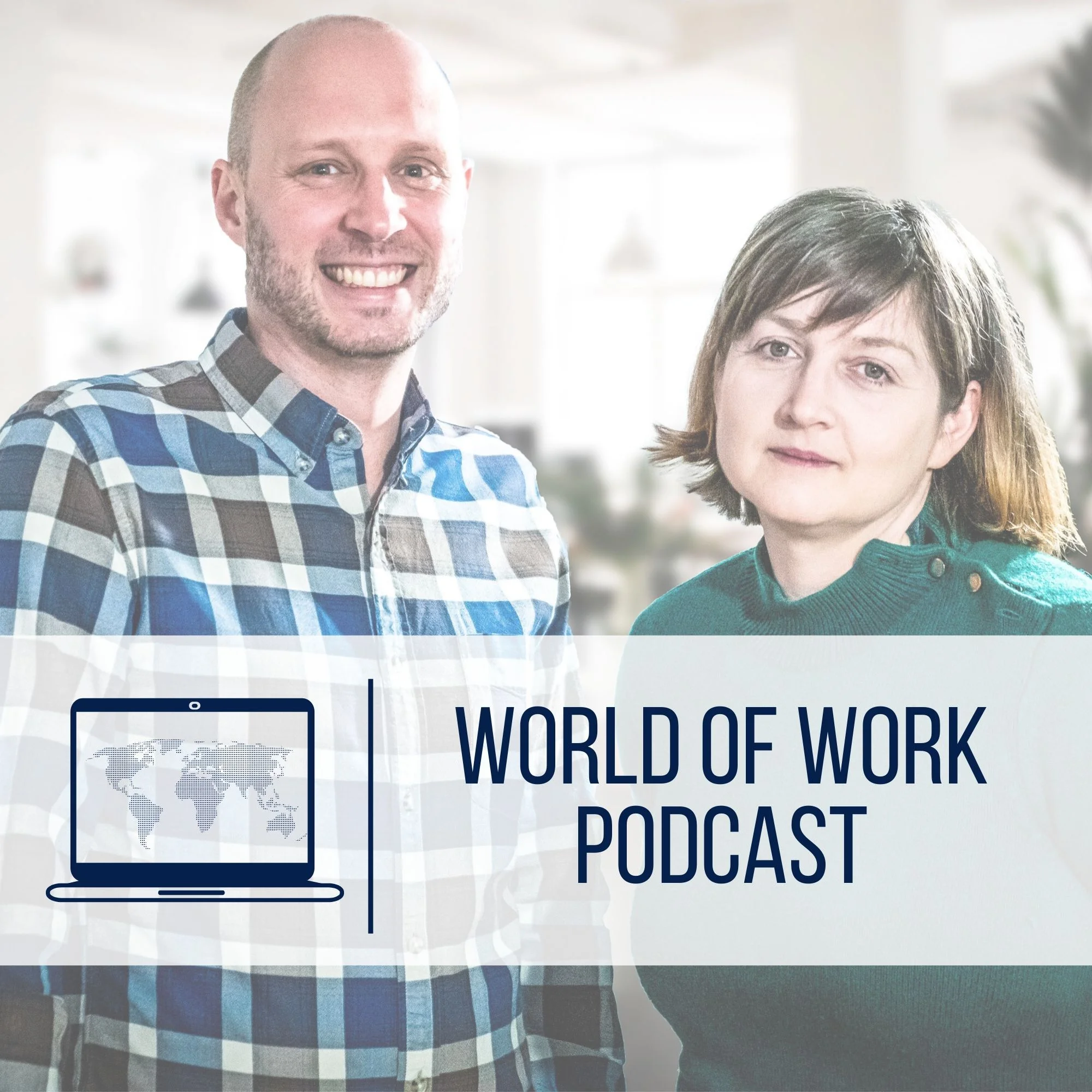As a simple introduction we can say that habits are tasks or behaviors that we perform almost subconsciously. They are the body’s way of automating repeated tasks, freeing the mind to focus on higher level activities.
Summary by The World of Work Project
Habits: A Simple Introduction
There is a huge amount of available research on the subject of habits, much of it is related to healthcare and some of it is quite complex. Given our overall focus, we’re really only interested in habits as they relate to personal effectiveness and wellbeing, as well as how they affect the world of work. Consequently, we only cover a tiny bit of the theory relating to habits and their formation in this post.
Everyone has habits. They can be good, they can be bad or they can be totally neutral. They’re all similar in that they are routines or patterns of behavior that are performed almost automatically. Habits don’t require conscious thought or effort. In many instances, we are not aware of the process around them, we simply find ourselves doing the things that are our habits.
How Habits Help Us
Habits, and the mental processes around habits, are hugely helpful to us. In fact, we couldn’t survive without them. Their huge benefit is that they shift behaviors from the conscious to the unconscious. To some extent they are the body’s way of automating repeated processes. This saves us considerable mental energy and allows us to focus our time and thinking power on higher levels of activities.
Imagine if we couldn’t form habits and instead had to always be fully conscious and pay attention to what we were doing, we’d have hardly any time left to do anything other than just look after ourselves and get through the day.
Forming Habits
Our simple introduction to habits says that all of our habits are formed over time. They are usually formed through repetition of a behavior, and they can easily become linked to times, locations or other forms of stimulus.
For example, if you drive the same route to work every morning at 8am, that process might become a habit. There are many stories of people who change places of work and accidentally drive to their former work location because the habit of doing so is so ingrained.
Breaking Habits
The habits that we acquire over our lifetimes can be hard to break. The older habits are, the harder they usually are to break. While this is a negative fact in relation to bad habits, it’s also a really good thing in relation to positive habits. And though it’s hard to break old habits, we all have the ability to form new habits through focus and repetition. It’s partly for this reason that replacing habits is often easier than simply breaking them.
Learning More
Habits are powerful things. There’s some dispute about how long it takes to form habits. However, it’s agreed that we can get so used to things that we basically automate them. When this happens it is known as automaticity. Some product designers use their knowledge of habit loops to create fairly addictive products to increase engagement with them. An example of this is the Hook model of behavior design.
Here at the World of Work Project we increasinly think that there is a relationship between our habits and our personal values. We also think there is some great work on the predictive nature of our brains that relates to our habits and behaviors. “The Experience Machine” is a cool book on this subject.
Habits also play a key role in personal behavior and behavior change. There are several different models that look at this type of change including the Kubler-Ross change curve and Transtheoretical Model.
You might enjoy this podcast on Habits:
The World of Work Project View
Our simple introduction to habits shows that they are hugely powerful. Where we have good habits they automate our ability to make good actions or behaviors, but where they are negative they mean we automatically do detrimental things.
An understanding of how habits work is one of the first steps in being able to modify or change our habits, which in turn affects our behaviors and through these potentially our personal effectiveness, wellbeing, health and work.
From a leadership and management perspective it’s important to be aware of the power of habits because the habit your team members develop will shape their ability to deliver. If you can ingrain good habits, things will go well. If bad habits become ingrained, then you’ll have a much more difficult time delivering effectively.
How We Help Organizations
We provide leadership development programmes and consulting services to clients around the world to help them become high performing organizations that are great places to work. We receive great feedback, build meaningful and lasting relationships and provide reduced cost services where price is a barrier.
Learning more about who we are and what we do it easy: To hear from us, please join our mailing list. To ask about how we can help you or your organization, please contact us. To explore topics we care about, listen to our podcast. To attend a free seminar, please check out our eventbrite page.
We’re also considering creating a community for people interested in improving the world of work. If you’d like to be part of it, please contact us.
Sources and Feedback
This post is based in part on various general content and there are no specific references for it.
We’re a small organization who know we make mistakes and want to improve them. Please contact us with any feedback you have on this post. We’ll usually reply within 72 hours.



